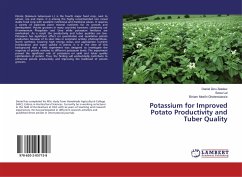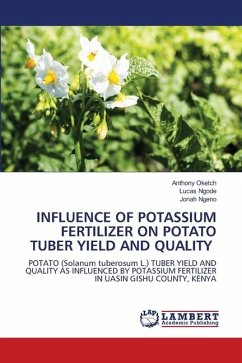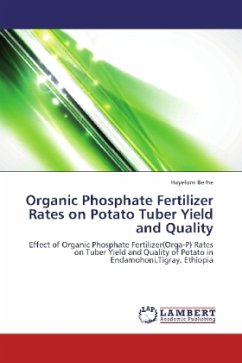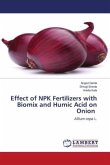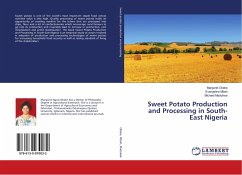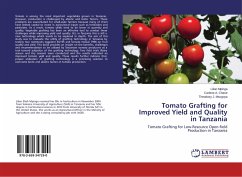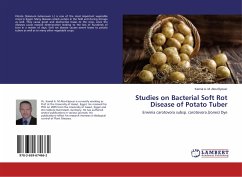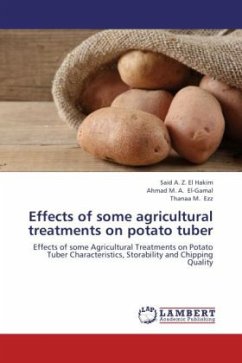Potato (Solanum tuberosum L.) is the fourth major food crop, next to wheat, rice and maize. It is among the highly recommended non cereal stable food crop with excellent nutritional and medicinal values. It requires a variety of balanced plant mineral nutrients for its growth and development. Potato growers in many countries however, commonly use Di-ammonium Phosphate and Urea while potassium fertilizers are overlooked. As a result the productivity and tuber qualities are low. Potassium has significant effect on quantitative and qualitative potato production because of its vital roles in enzymatic activity, photosynthesis, starch synthesis, favoring high energy status and appropriate nutrient translocation and water uptake in plants. It is in the view of this background that a field experiment was designed to investigate the response of potato varieties to different potassium levels. The experiment proved the significant role of potassium on yield and tuber quality optimization of potato. Thus, the finding will undoubtedly contribute to enhanced potato productivity and improving the livelihood of potato growers.
Bitte wählen Sie Ihr Anliegen aus.
Rechnungen
Retourenschein anfordern
Bestellstatus
Storno

